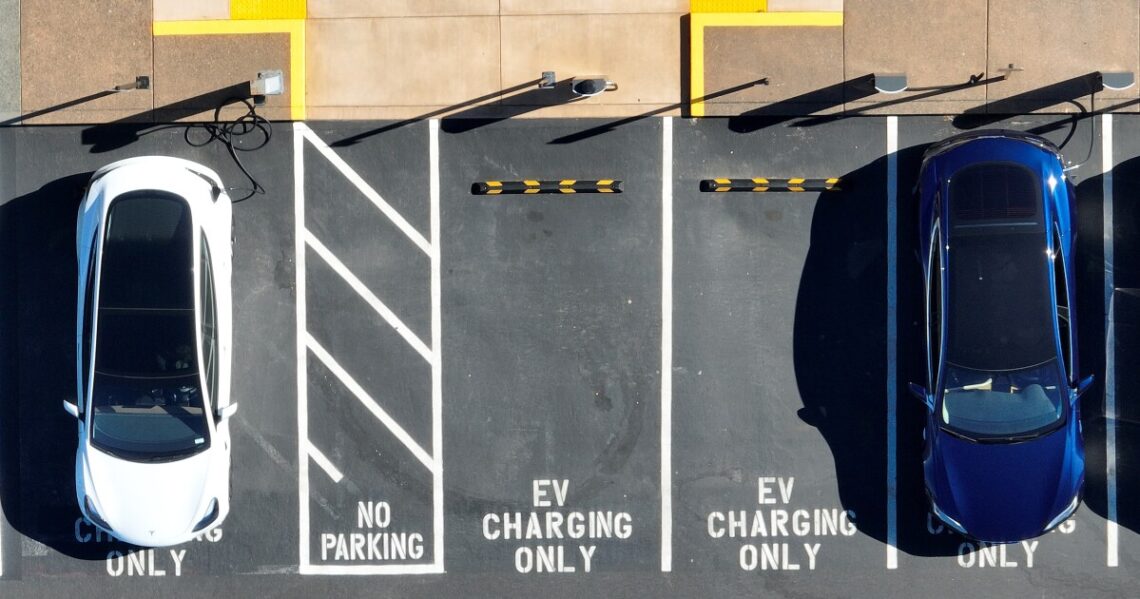A tax credit of up to $7,500 to buy an electric car is about to undergo a major change — again.
The Inflation Reduction Act, a major climate law passed last summer, dramatically reworked an existing tax credit for electric vehicle purchases. The credits are intended to make electric vehicles cheaper, and hence more appealing, part of the administration’s plan to fight climate change.
But the complex rules are also designed to incentivize U.S.-based production, to build up a domestic clean-vehicle supply chain and reduce reliance on China.
In the short term, those goals are in tension. After all, if the only goal were to increase electric car sales it would be easier to do it without any limitations on production.
Those tensions are coming to the fore again as the White House prepares to belatedly implement a key rule of the IRA: A requirement that a certain percentage of battery minerals and components be sourced from North America or a U.S. trade partner.
The Treasury Department outlined on Friday how it plans to walk this tightrope and implement those sourcing requirements — essentially, issuing technical guidance on how carmakers can determine if their cars qualify.
On April 18, the Internal Revenue Service will release an updated list of which vehicles are still eligible for the tax credit, based on the new guidance.
And the saga’s not over: The Treasury Department still has not clarified how it will apply other requirements that kick in starting in 2024.
Read the full article here







